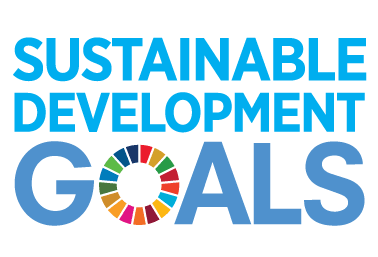
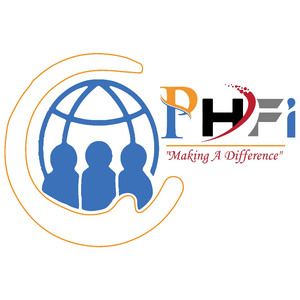

Pillar For Hope Foundation International
(PHFI)
- …


Pillar For Hope Foundation International
(PHFI)
- …

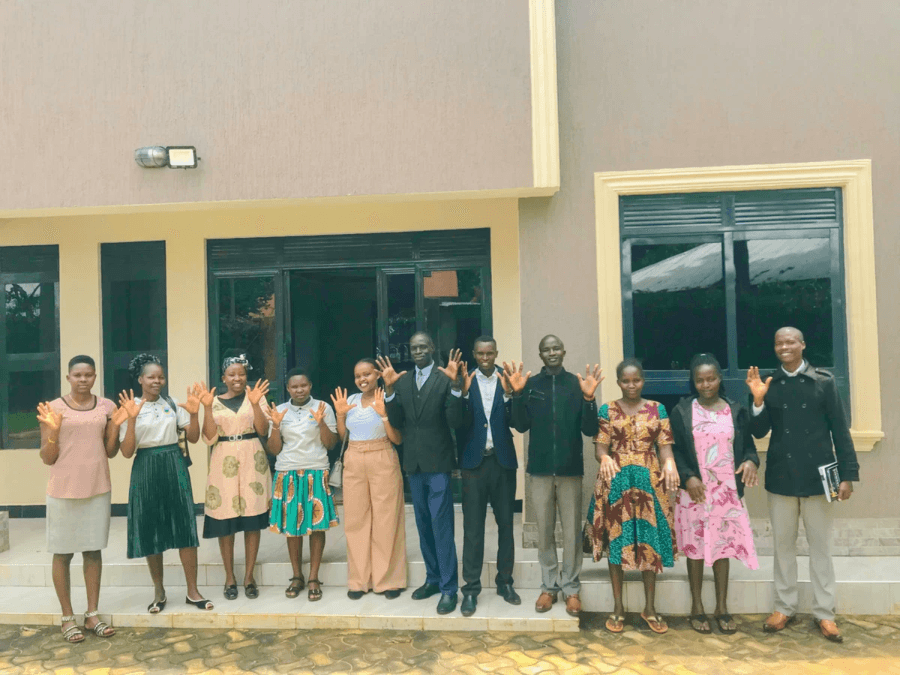
At Pillar For Hope Foundation International, we are dedicated to fostering innovative solutions that empower communities and promote sustainable development. Together, we can build a brighter, more equitable world.
Our interconnected programs
CSA (Climate Smart Agriculture):
This focuses on agricultural practices that help farmers adapt to climate change, improve soil health, and increase crop yields, CSA often involves efficient water use.
Water and Sanitation Engineering:
This deals with designing and implementing systems for water supply, treatment, and sanitation. In CSA, efficient irrigation systems and water harvesting techniques are crucial.
Renewable Energy Technology:
This involves harnessing energy from sources like Solar, Wind, Or biomass. Renewable energy can power water treatment plants, irrigation systems and other agricultural equipment, making CSA more sustainable. However, our area of focus is utilising the byproducts from Cocoa and coffee to form briquettes and generally empowering school dropout victims with technical skills on maintenance of renewable energy equipments.
Empowering Communities for a Sustainable Future
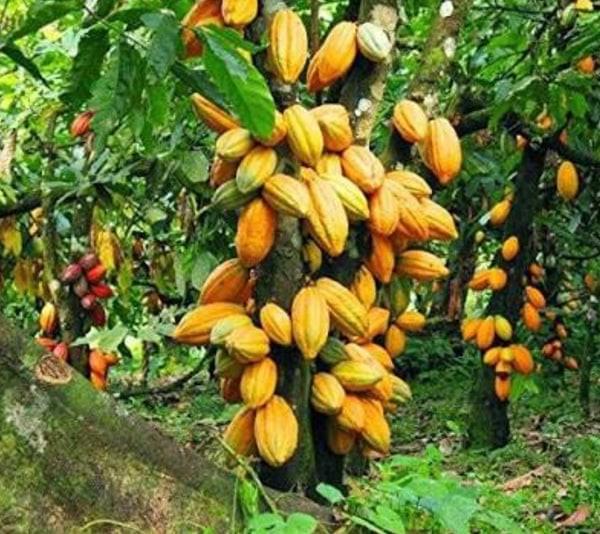
Our Mission
To empower communities to enhance health, end hunger and overcome hardship of sustaining growth and development
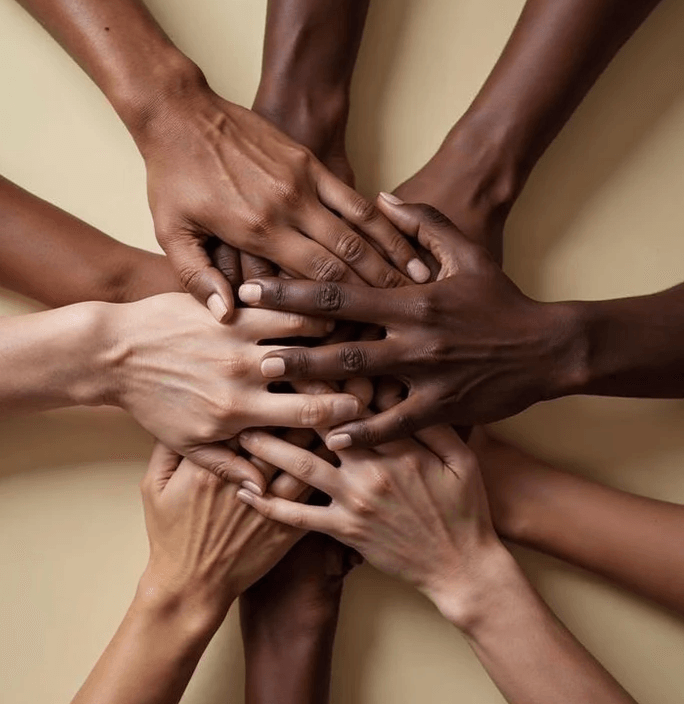
Our Vision
To be the on – behalf of the Nation in which we shall lead the most vulnerable people to have strength to support themselves out of poverty, sicknesses, affliction and create a sustainable service for a better tomorrow.
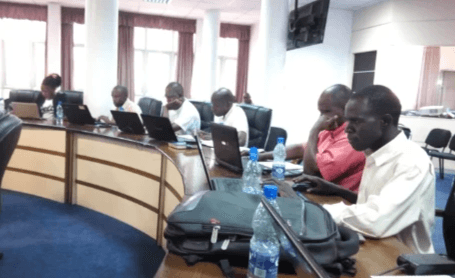
Our Core Values
Rooted in collaboration, Intergrity, Result Oriented, Accountability, Social services, Safety and Humanity, we strive to embody the principles that align with the United Nations Sustainable Development Goals.
Our Objectives
1. To maintain a clear understanding of the hanging development needs of the local communities through regular research and dialogue with key stakeholders.
2. To increase agricultural productivity, enhance resilience to climate change impacts and reduce greenhouse gas emissions.
3. Improve the ability of individuals, organisations or communities to address challenges and achieve their goals through strengthening their skills, knowledge, resources and processes to effectively carry out their mandates and contribute to sustainable development.
4. To improve public health by reducing the transmission of diseases ensuring equitable access to safe drinking water and sanitation and promoting health and hygiene practices
5. To save lives, minimise damage and restore normalcy asquickly as possible
6. To safeguard cultural heritage for future generations,promote community engagement and foster sustainable development
7. Empowering individuals and communities by providing basic needs, health and education promotion to achieve optimal well-being
8. To network globally with various agencies concerned with rural development in order to establish appropriate partnership and linkages for participation in the development of the region.

ON GROUND ACTION
We believe in success through action on ground and we always achieved through several ways such as:
1. Practical application: Implementing plans and strategies in real - world settings allows for tangible results and progress.
2. Adaptability: Our ground level action enables flexibility and adaptability, as teams can respond to changing circumstances and challanges.
3. Collaboration: Our method of working directly with stakeholders, teams and communities fosters collaboration, builds trust and ensures that solutions meets actual needs
4. Problem solving: Our Hands - On experience and direct interaction with challanges allow for creative problem solving and innovative solutions
In contrast, we realised that if we rely solely on software approach alone, can easily lead to not accounting for real world complexities though both are neccessary
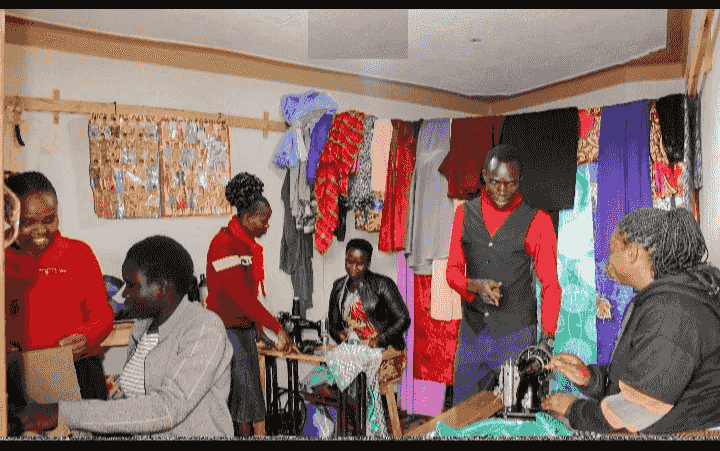
Giving Back To Communities
School dropout training
Community Learning Program - Re-engaging School Dropouts through Skill Training on tailoring and garment cutting as a tool of giving back to communities.
Hands – On technical skills training going on by the first selected dropout students and is moving
perfectly. We are set to train as many as possible according to our work plan
We also appreciate all the stakeholders who supported us in the process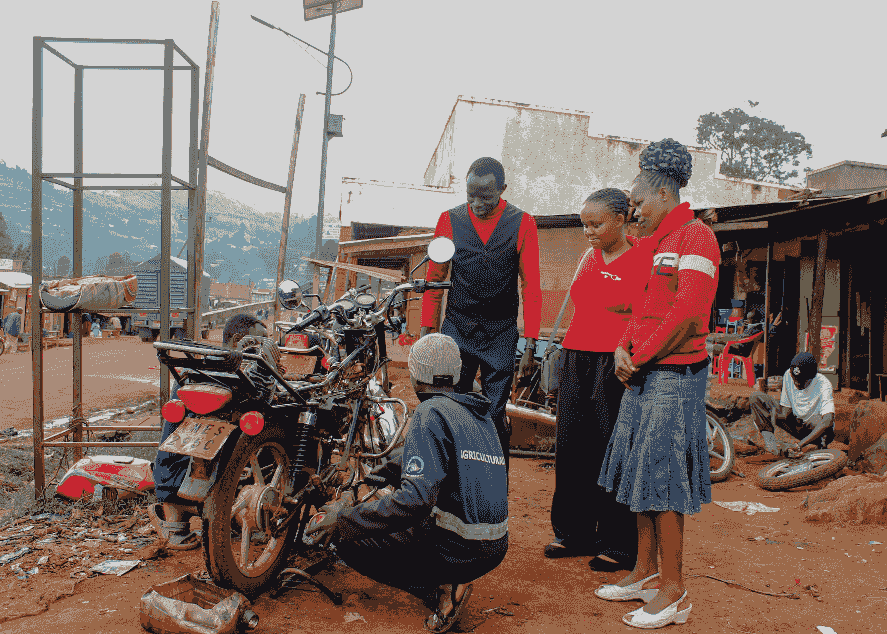
Gender equality during giving back initiative on (School dropout) technical skill training.
Siwa Godfrey,who ended in Senior four and Chesuro Isaac who ended in P7 are excited about the opportunity PHFI has offered to them. They said now there is hope of better life after starting to earn from their skills.

EMBRASING CLIMATE - RESILIENT COFFEE FARMING
At PHFI, we are dedicated to provide high quality coffee seedlings to the poor farmers while prioritizing climate resilience. Our climate - smart practices enhance the livelihoods of smallholder farmers, promote sustainable agriculture, and contribute to a more resilient coffee industry.
OUR KEY PRACTICES
1. Shade - grown coffee:
This protects against temperature fluctuations and promotes biodiversity.
2. Soil conservation:
Enhances soil health and water retention.
3. Drought - tolerant varieties:
Increases crop resilience to changing weather patterns.
4. Integrated pest management:
Reduces chemical use and promotes ecosystem balance
Join us in our mission to create a more sustainable coffee future

EMBRASING CLIMATE - RESILIENT COCOA FARMING
At PHFI, we are dedicated to provide high quality Cocoa seedlings to the poor farmers while prioritizing climate resilience. Our climate - smart practices enhance the livelihoods of smallholder farmers, promote sustainable agriculture, and contribute to a more resilient Cocoa industry.
OUR KEY PRACTICES
1. Agroforestry:
Promotes biodiversity and protects against temperature fluctuations
2. Soil conservation:
Enhances soil health and water retention.
3. Disease - resistant varieties:
Protects the crops by withstanding pathogens like the fungi that cause black pod rot, leading to higher yields, less crop loss and a more stable income for farmers
4. Integrated pest management:
Reduces chemical use and promotes ecosystem balance
EMBRASING CLIMATE - RESILIENT COCOA AND COFFEE FARMING
At PHFI, we embrase common farming practices for both coffee and cocoa by establishing agroforestry systems with shade trees, implimenting water and soil management techniques, and harvesting and processing the beans by hands. Both crops benefits from organic farming methods, require similar environmental conditions like rich soil and rainfall, and are grown in Central and South America, East Africa, and South Asia.
Join us in our mission to create a more sustainable Cocoa future
CORE VALUES - (CIRASSH)
1. Collaboration:
We shall join our hands together to achieve a particular target. We collaborate with NGOs, Governments, Business men and prominent farmers making implimentation more faster and relevant to the communities in need.
2. Intergrity:We promise to work in an honoured way, adhering to our core values and ethical principles even if no one is watching us.
3. Result oriented:We are an Organization that focuses on outcome rather than talking the walk and compiling documents without results to impress the public.
4. Accountability:We shall have the responsibility to report on one’s activities to a set of legitimate authorities.
5. Social service:
We are set to ranges of public services intended to provide support and assistance towards certain groups, that commonly includes the disadvantaged.
6. Safety:We shall protect people from physical injury and this includes both the general public and the staffs at work.
7. Humanity:We ensure the protection of individuals’ fundamental rights, particularly for the vulnerable groups. These crises may be natural, social, economic, or political in origin and require rapid and effective intervention to alleviate human suffering and promote sustainable development.
August 21, 2025August 21, 2025August 21, 2025
This program got established when a Minister of God, Daniel Okot could visit Hospitals to pray for the sick. He visited Lira and Kapchorwa Hospital and he discovered people who were under sicknesses, affliction, and those who faced instability through domestic and neighborhood wrangles and fighting one another as a result of inadequate services within and as well chaotic spirits taking advantage of their poor status. All these, generated a mind to him to start a sustainable program that supports the community which could lead the world reign in peace.









